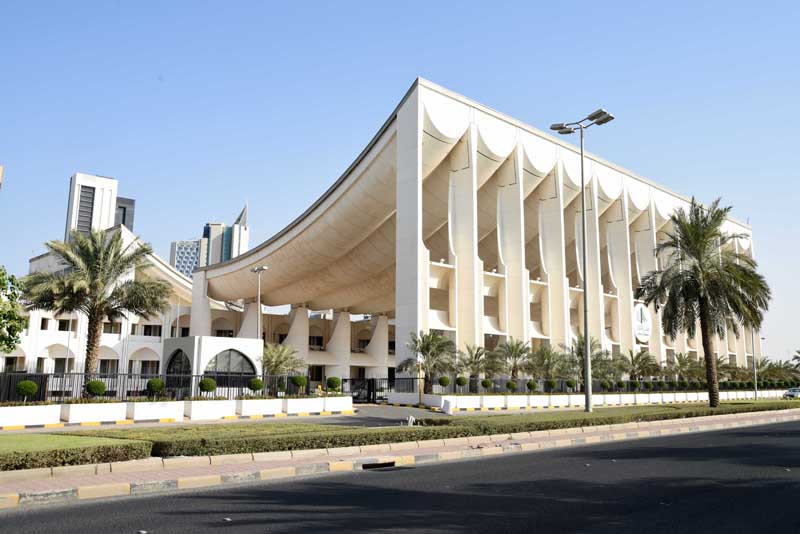

By B Izzak
KUWAIT: Five opposition lawmakers yesterday submitted a draft law calling to amend the current single-vote election system to return to the previous system that allows voters to elect up to four candidates. In 2012, the government changed the prevailing electoral system through an Amiri decree and introduced the existing system that allows Kuwaiti voters to elect only one candidate. That amendment led to the opposition groups boycotting the polls. Some of them are still boycotting.
The five MPs; Osama Al-Shaheen, Shuaib Al-Muwaizri, Abdulaziz Al-Saqabi, Musaed Al-Mutairi and Hamad Matar called in their draft law to change article 2 of the election law to return to the old voting system. Opposition groups accuse the single-vote system of helping the election of pro-government MPs which allowed the government to increase its grip over the national assembly. They also charge the system of promoting corruption in the country.
Five other lawmakers yesterday submitted a draft law calling to ban the appointment of any expatriate in public sector jobs if there was a jobless Kuwaiti with the same educational degree and qualification. If approved, the law is likely to speed up the process of replacing some 100,000 expatriates working in the government with Kuwaitis. The lawmakers said that the bill will help resolve unemployment among citizens.
Two lawmakers meanwhile submitted a draft law calling on the government to purchase the bank loans on Kuwaiti citizens and then forgive the entire interest on it. MPs Hisham Al-Saleh and Khaled Al-Enezi said in their proposal that debtors will then be asked to repay the principal of the loans from the KD 120 monthly cost of living allowance paid by the government to all Kuwaiti citizens. A large number of MPs have vowed during their election campaign to press the government to forgive all consumer loans for Kuwaiti citizens but so far no one has taken any action.
MP Saqabi also submitted a draft law calling to amend a clause in the assembly internal charter to prevent cabinet ministers from taking part in voting in the assembly on issues related to parliamentary questions, grillings, no-confidence and non-cooperation motions in addition to requests for debates.
Cabinet ministers, who are unelected members of the assembly, are allowed to vote like elected legislatures on almost everything except no-confidence and non-cooperation motions, giving the government a strong hand in deciding issues in the assembly.
Opposition MPs meanwhile launched a scathing attack on speaker Marzouq Al-Ghanem for deciding to prevent the public from attending assembly sessions and for declaring today's session a special one to prevent opposition MPs from discussing any issue other than the election of members of committees.
Opposition MP Bader Al-Dahoum, who on Sunday urged the public to attend the session, yesterday called on the people to stay away from today's session after he was informed by the assembly chief guard that no people will be allowed at the orders of the speaker.
Ghanem said that the ban on public is a decision that was introduced several months ago based on health ministry request as a precautionary measure against the coronavirus pandemic. Opposition MPs were hoping to debate a number of motions related to the events that took place at the inaugural session last week. Ghanem said that such issues can be debated in coming sessions.

